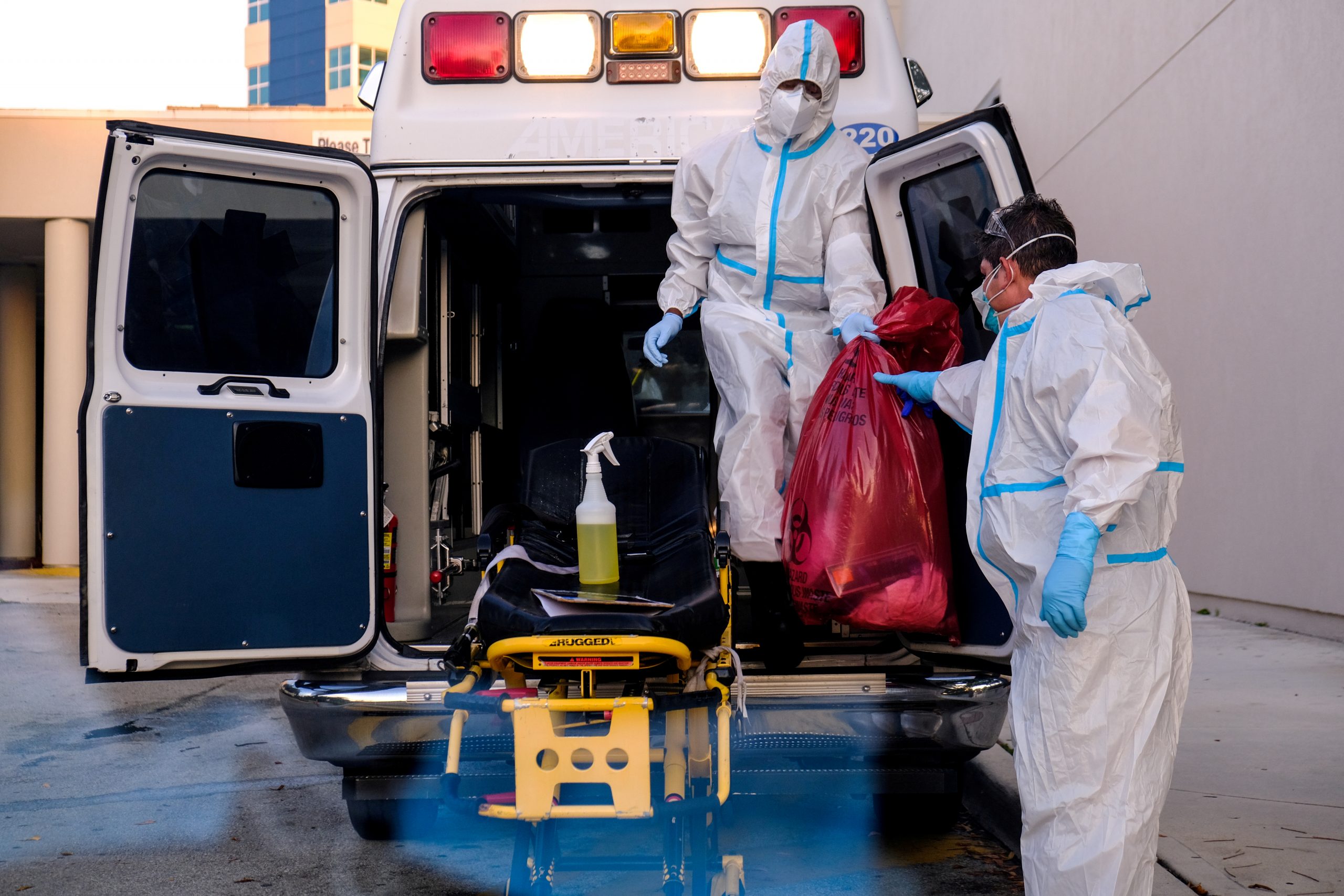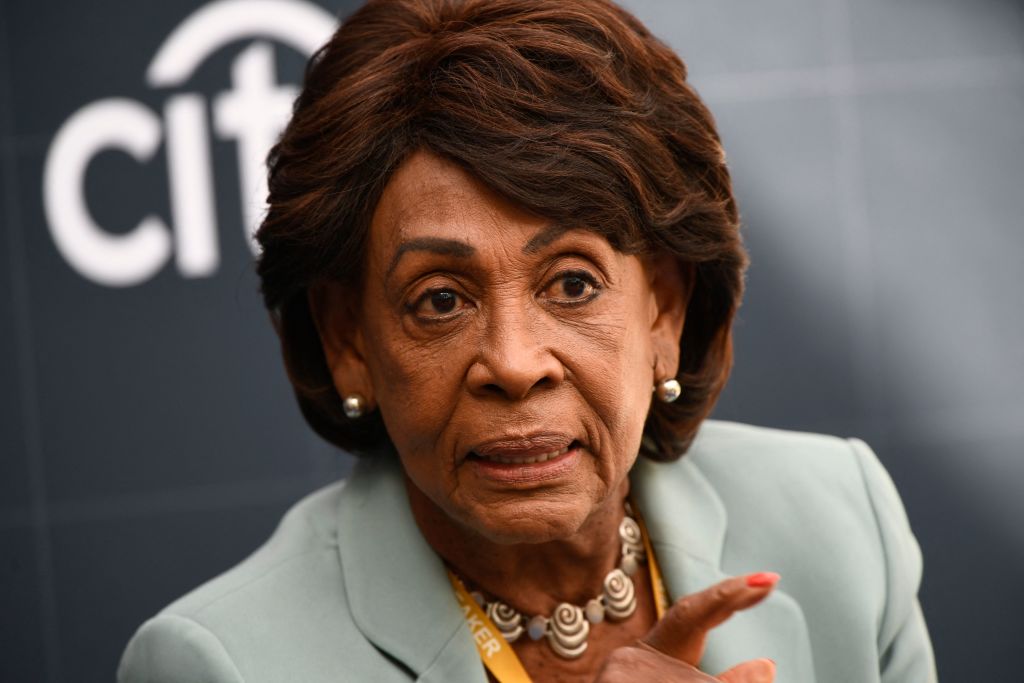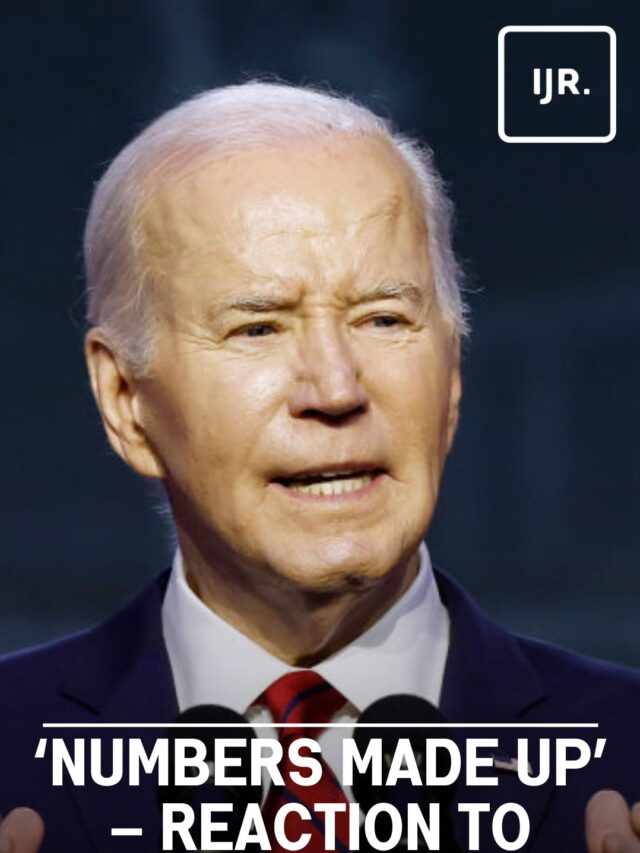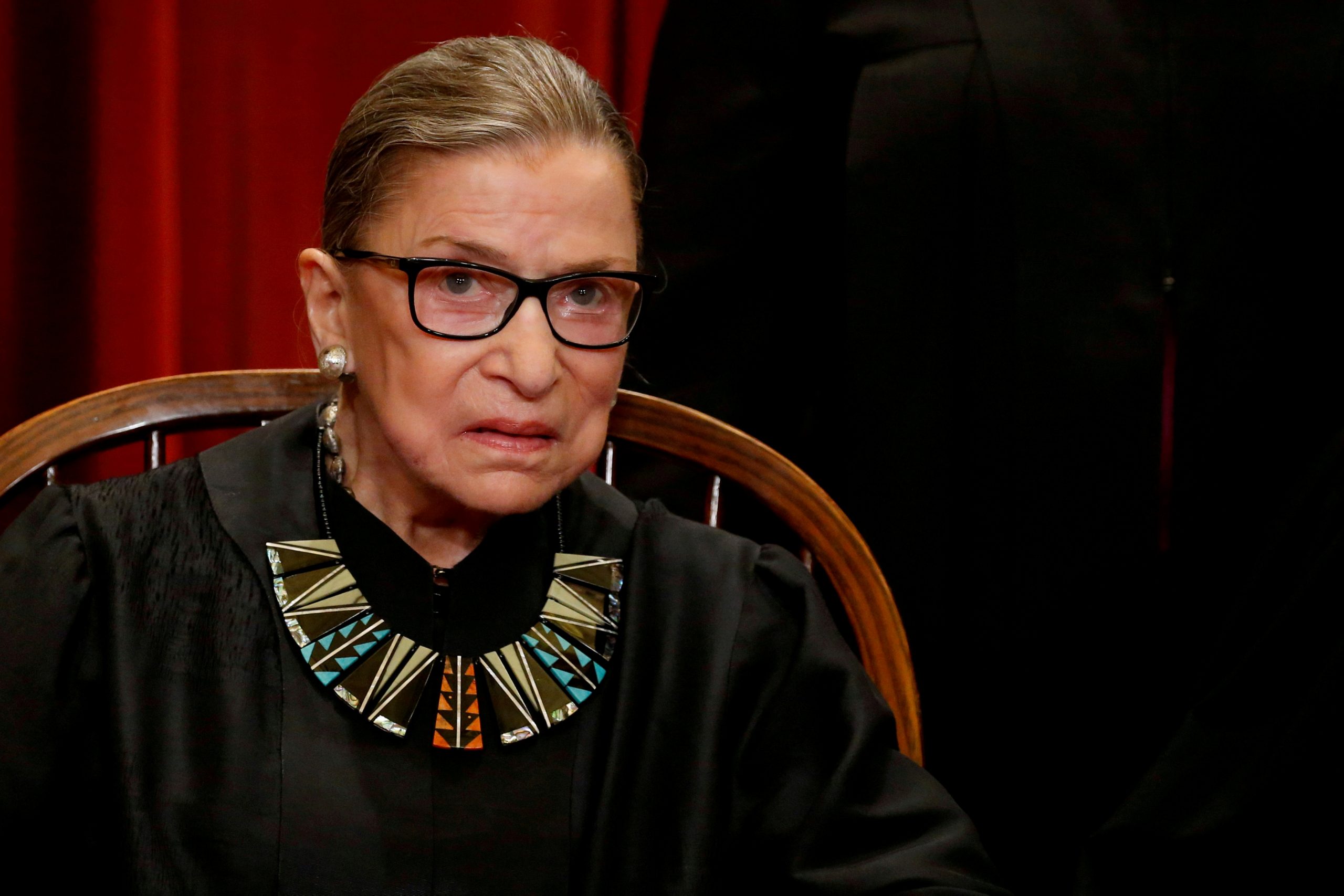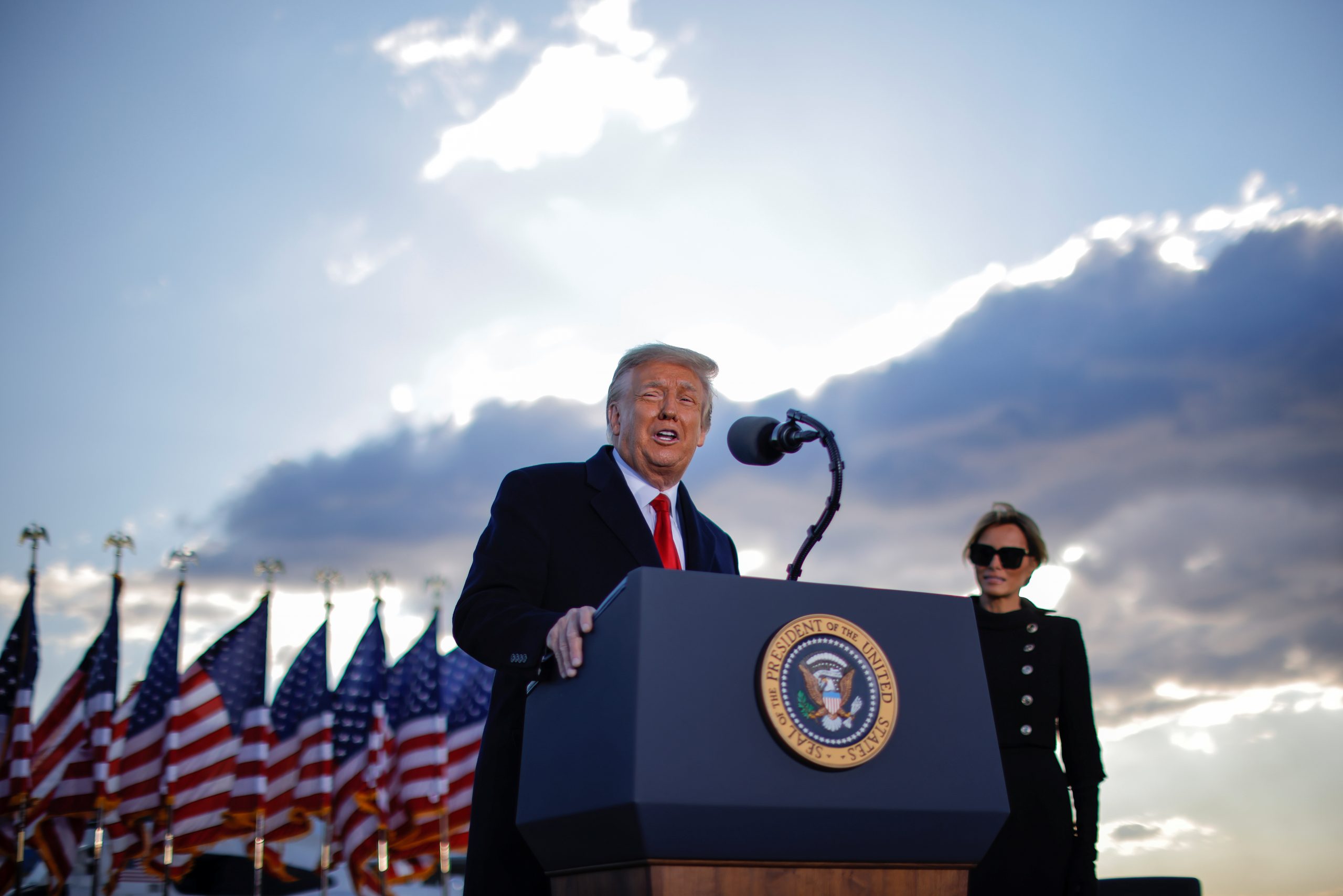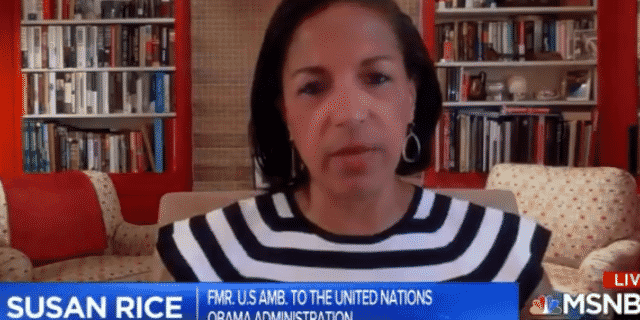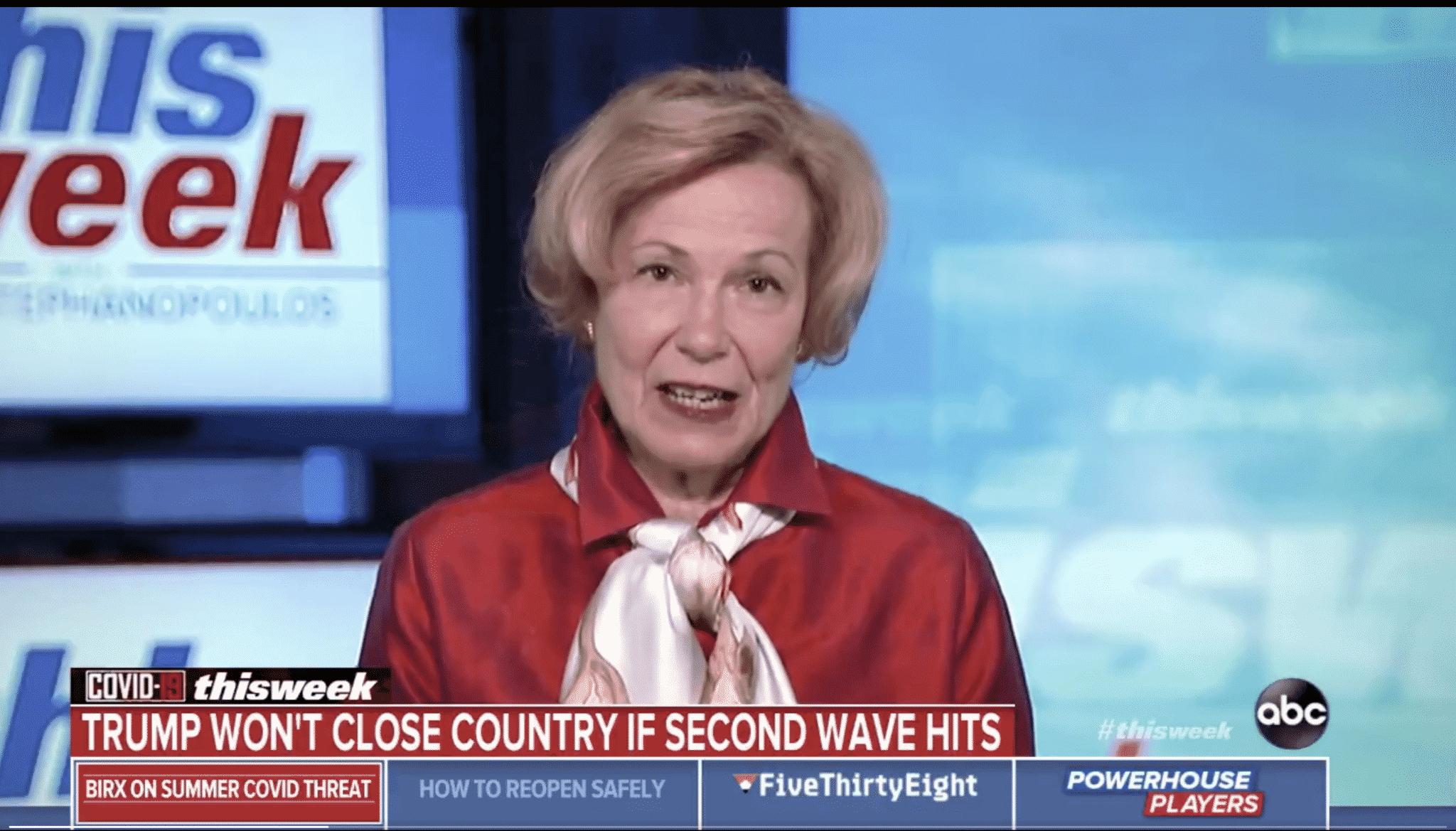The death toll from the spread of the coronavirus in the United States exceeded 200,000 on Tuesday, by far the highest number of any nation.
The United States, on a weekly average, is now losing about 800 lives each day to the virus, according to a Reuters tally. That is down from a peak of 2,806 daily deaths recorded on April 15.
During the early months of the pandemic, 200,000 deaths was regarded by many as the maximum number of lives likely to be lost in the United States to the virus.
“The idea of 200,000 deaths is really very sobering and in some respects stunning,” Dr. Anthony Fauci, the top U.S. infectious diseases expert, told CNN.
Fauci said that it was not inevitable that the United States will fall into another dire situation with coronavirus cases surging during cold weather months, but that he was worried about parts of the country where public health measures were not being implemented.
On Monday, U.S. President Donald Trump said he had done a phenomenal job on the pandemic that has infected nearly 6.9 million Americans.
“It affects virtually nobody. It’s an amazing thing,” Trump told supporters at a Swanton, Ohio, campaign rally Monday night. “It affects… elderly people with heart problems and other problems – if they have other problems that’s what it really affects, that’s it.”
Trump has admitted to playing down the danger of the coronavirus early on because he did not want to “create a panic.”
With barely six weeks left before the election on Nov. 3, Trump is behind Democratic rival Joe Biden nationally in every major opinion poll and is neck and neck in key swing states. Trump’s handling of the pandemic and subsequent economic downturn has battered his standing among many voters.
Trump has frequently questioned the advice of scientific experts on everything from the timing of a vaccine to reopening schools and businesses to wearing a mask. He has refused to support a national mask mandate and held large political rallies where few wore masks.
U.S. Centers for Disease Control and Prevention (CDC) Director Robert Redfield recently told Congress that a face mask would provide more guaranteed protection than a vaccine, which would only be broadly available by “late second quarter, third quarter 2021.”
Trump refuted the timeline for the vaccine and said that it may be available in a matter of weeks and ahead of the Nov. 3 election.
Biden, who often wears a mask and has said he would require masks nationwide, has warned against a rushed release of a vaccine, saying, “Let me be clear: I trust vaccines, I trust scientists, but I don’t trust Donald Trump.”
The University of Washington’s health institute is forecasting coronavirus fatalities reaching 378,000 by the end of 2020, with the daily death toll skyrocketing to 3,000 per day in December.
Over 70% of those in the United States who have lost their lives to the virus were over the age of 65, according to CDC data https://bit.ly/32C1doQ.
The southern states of Texas and Florida contributed the most deaths in the United States in the past two weeks and were closely followed by California. (Graphic: https://tmsnrt.rs/33MNdYD)
California, Texas and Florida – the three most populous U.S. states – have recorded the most coronavirus infections and have long surpassed the state of New York, which was the epicenter of the outbreak in early 2020. The country as a whole is reporting over 42,000 new infections on average each day and saw cases last week rise on a weekly basis after falling for eight weeks in a row.
Deaths rose 5% last week after falling for four weeks in a row, according to a Reuters analysis.
Six out of every 10,000 residents in the United States has died of the virus, according to Reuters data, one of the highest rates among developed nations.
Brazil follows the United States in the number of overall deaths due to the virus, with over 137,000 fatalities. India has had the world’s highest daily death rate over the last week with total deaths now approaching 100,000.
(Reporting by Sangameswaran S in Bengaluru; Additional reporting by Susan Heavey and Doina Chiacu in Washington; Editing by Lisa Shumaker and Rosalba O’Brien)
